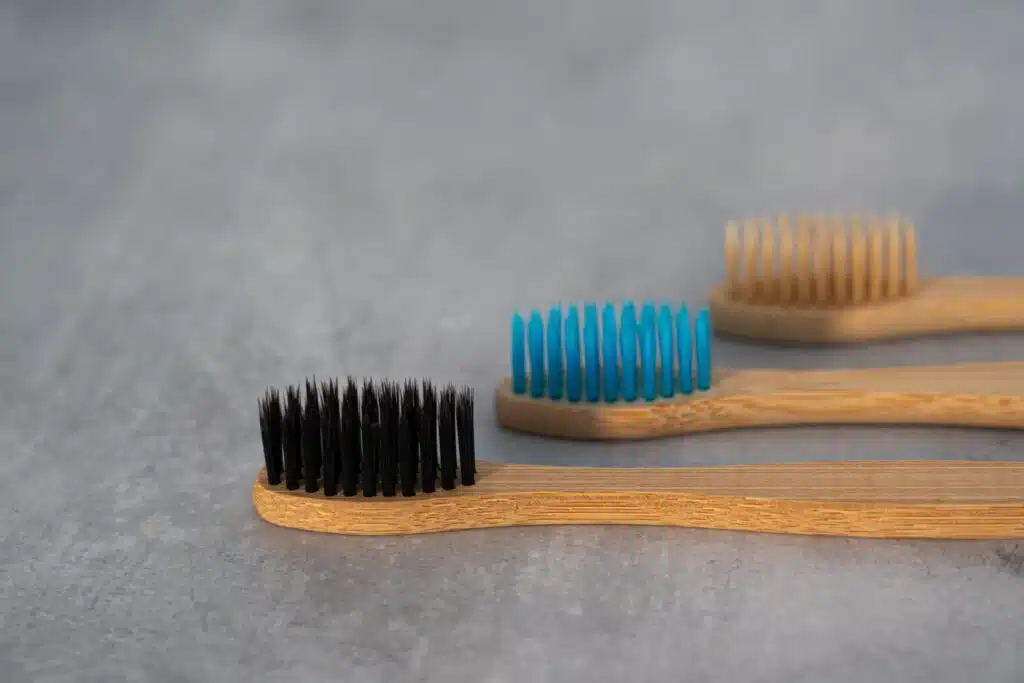The importance of removing dental plaque has been highlighted by recent scientific discoveries. Most people know that plaque that is not removed from teeth can cause tooth decay and gum disease. In addition to oral disease, research has shown that there may be a link between plaque and medical conditions such as heart disease, arthritis, stroke, and Alzheimer’s disease. This makes plaque removal from all areas of your mouth, including areas you may overlook, critical to optimal health.
The team at Trident Dental can help you prevent tooth decay, gum disease, and halitosis. Call today and schedule an appointment for a comprehensive oral examination.
5 Things You Should Brush
1. All Teeth Surfaces
We may pay the most attention to the front surfaces of our front teeth to make our smile brighter. However, each tooth has five surfaces where plaque can accumulate. The American Dental Association (ADA) has determined that brushing for two minutes is adequate for complete plaque removal, including each tooth’s tongue side. It may help to set a timer or use an electric toothbrush with time alerts to accomplish this.
2. Tongue
Only your gut harbors more bacteria than your mouth, where more than 700 hundred species live. In addition to providing an ideal habitat for many of these bacteria, the tongue nurtures fungi and viruses. The tongue’s rough surface, with its crevices and papillae, provides a perfect surface for these microorganisms to combine with food particles and form a sticky plaque known as a biofilm. Mouthwash can leave a temporary fresh taste in your mouth but is ineffective for complete plaque removal. The known consequence of leaving plaque on your tongue is halitosis. Additionally, links between dental plaque and other medical problems make tongue brushing important.
3. Gums
Brushing with a soft-bristled toothbrush is essential to prevent damage to your gums and teeth. You can clean the gingival sulcus using a soft-bristled brush and a gentle stroke at a forty-five-degree angle to your teeth. This is a space between the gum and the tooth where bacteria can cause inflamed gums. Inflamed gums can cause the sulcus to deepen and cause periodontal pockets, which can require scaling and root planing or periodontal surgery to manage successfully. Brushing for two minutes combined with flossing can keep the sulcus clean and free of gum disease.
4. Palate
Since bacteria can build up in all areas of your mouth, you might want to consider also brushing the roof of your mouth. You should brush this area gently and only brush the hard palate toward the front of your mouth.
5. Cheeks
The National Institute of Health (NIH) names the cheeks in their list of areas in your mouth that can provide a favorable environment for bacteria to grow. The cheeks should be brushed gently like all soft tissues in your mouth.
Schedule Appointment
Everyone forms dental plaque can cause dental cavities and gum disease. The oral health care professionals at Trident Dental can help you prevent these problems with complete dental exams and professional cleanings.

